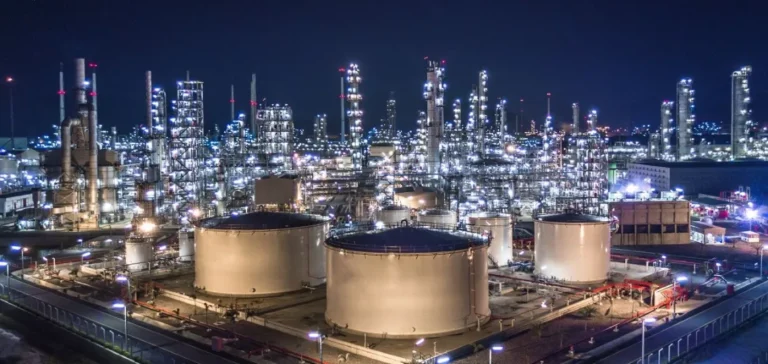Backbone Infrastructure Nigeria Limited (BINL) has officially announced the launch of a crude oil refinery project with a capacity of 500,000 barrels per day in Ondo State. The total announced cost is $15bn, making it the country’s second largest refinery after Dangote Group. The partnership with the Ondo State Development and Investment Promotion Agency (ONDIPA) plans to establish the facility in the Ilaje industrial free zone.
Signing of the memorandum of understanding and strategic partnerships
The signing of the memorandum of understanding between BINL and the Ondo State government is scheduled for July 15, 2025, according to the company’s official statement. Discussions are ongoing with Nigerian National Petroleum Company Limited (NNPC), the state oil company, to include the public enterprise in the project. No detailed information has yet been provided on the financing arrangements or potential banking partners.
Project timeline and related infrastructure
The construction of the refinery will be carried out in several phases, with the first phase including a 100,000-barrel-per-day unit over a forty-eight-month period. BINL is also planning related logistical infrastructure, such as roads, terminals, storage tanks, and handling equipment. With this new capacity, the Ondo site will be positioned just behind Dangote Group’s refinery, which has a capacity of 650,000 barrels per day and required an investment of $20bn.
Industrial objectives and sector outlook
Wale Adekola, Vice-President of BINL, stated that the main objective is to supply the domestic market, provide feedstock to local industries, and produce export-ready volumes. The project is part of BINL’s broader expansion strategy, which also includes allocating $4bn to Nigeria’s mining sector through public-private partnerships.
The success of this initiative will depend on the promoters’ ability to secure funding, maintain a stable regulatory environment, and adhere to the established timeline. Previous large-scale projects in the Nigerian oil sector have often faced delays linked to logistics or the regulatory environment.






















